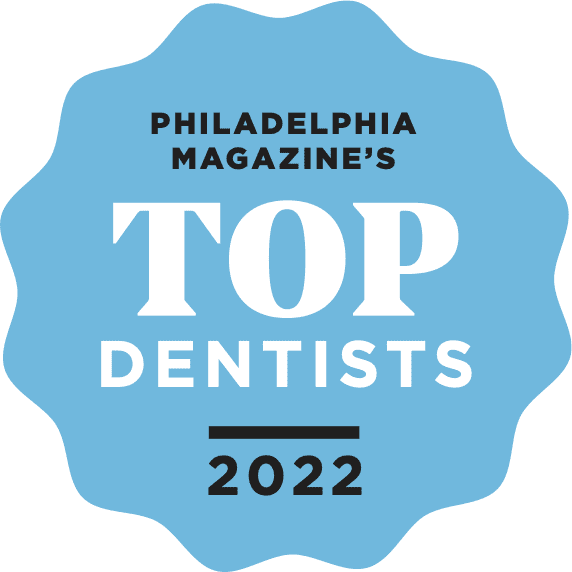As soon as we start to grow our first teeth as a child, we begin visiting the dentist regularly. But in our busy adulthood, these check-ups can feel like a hassle. And we may wonder whether attending dental appointments so frequently is really necessary.
The truth is that your dentist performs crucial preventative oral health services during these routine visits. So you should keep going to these appointments in order to maintain good oral health.
But exactly how often should you make these types of dental appointments? Read on to discover the importance of routine dental care if you want to keep your smile looking and feeling its best.

What Happens at a Routine Dental Appointment?
When you attend a routine dental appointment, your dentist begins by thoroughly cleaning your teeth. Even if you practice diligent oral hygiene at home, your toothbrush and floss cannot always reach all areas of your mouth. So your dentist will scrape away stubborn plaque and tartar build-up from tricky spots like near the gumline.
The dentist will also perform an oral exam, checking your teeth and gums for signs of dental concerns like cavities or periodontal disease. They will likely recommend a dental x-ray once a year too so that the dentist can view the interior of your teeth and jaw and look for potential problems there as well.
Regular monitoring of your oral health like this can allow the dentist to intervene promptly if there is an issue. And then you can see less extensive damage from advanced dental problems. Therefore, you can also experience a decreased risk of dental emergencies.
How Often Should I Visit My Dentist?
The average dental patient should see their dentist for routine oral health care every six months. This provides the optimal window for which a dentist can remove harmful build-up from your teeth before it hurts your smile. And they can diagnose any issues and offer swift treatment before they can cause lasting damage as well.
However, some people may need to see their dentist more often than this. Senior-aged patients, those with a high risk of forming tartar, and people with underlying health problems might need to schedule dental appointments every three or four months.
Talk to your dentist to find the preventative dental care plan that will suit your unique oral health needs. Dentists employ an individualized approach when it comes to providing services for each of their patients.
What If I Skip a Regular Dental Check-Up?
If you feel too overwhelmed or busy to attend your regular dental check-up, you could put your oral health in danger. Skipping a routine dental appointment will mean that plaque and tartar will remain on your teeth. These harmful residues will eat away at your dental structure, weakening your teeth and increasing your chances of forming many dental problems.
You might also risk leaving other oral health issues undiagnosed. Then a cavity could turn into advanced tooth decay without swift intervention from a dentist. And you could face severe dental damage that will require more intense and expensive dental work to fix. So do not miss your routine dental care if you can help it.






